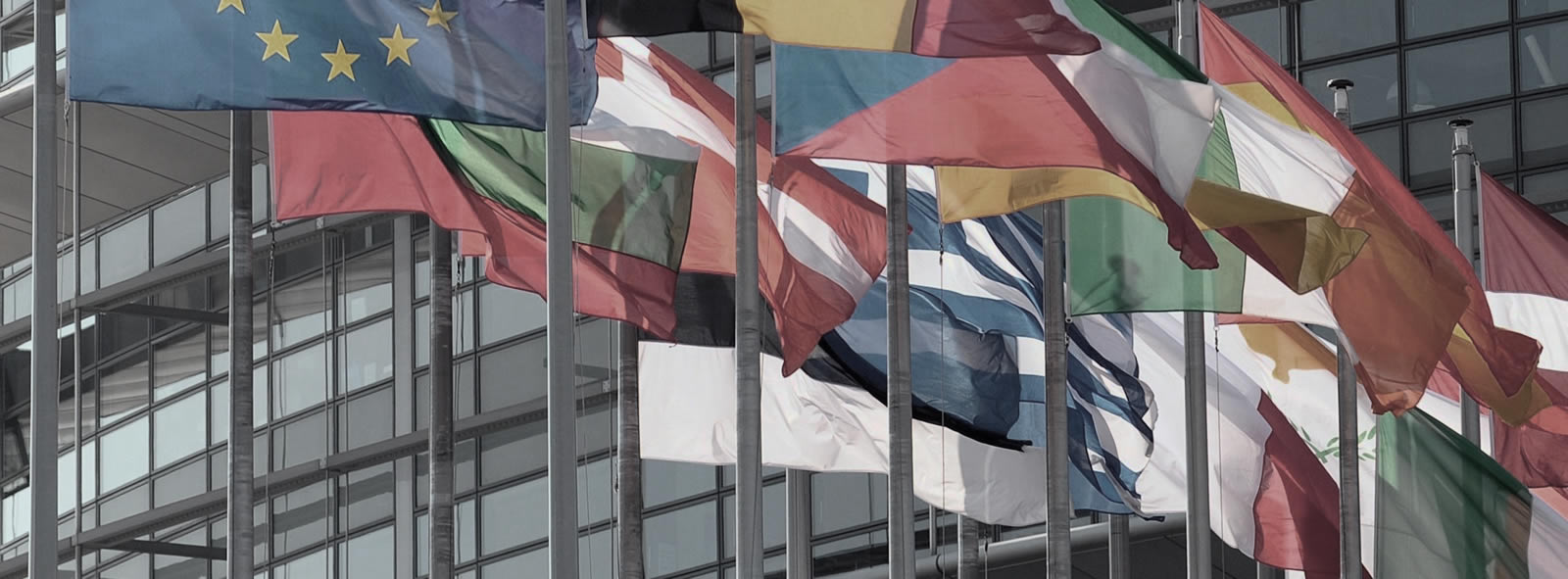14 Dec 2020 Council Resolution on Encryption
End-to-end encryption has become widespread with numerous messaging apps and platforms adopting this encryption method. This technology provides a high level of privacy for communications between citizens, critical infrastructures, industries, and governments. Eurosmart has long advocated for the use of encryption within communications to ensure privacy, security and digital sovereignty.
Today’s Council Resolution[1], underlined that encryption can cause complexity for law enforcement by preventing legal access to communications. Such access to communication data could facilitate counterterrorism and the fight against organised crime. For existing technologies, some national laws already give jurisdiction to local law enforcement to allow interception and tracking to support criminal prosecution.
Eurosmart calls for a cautious approach. First and foremost, the cure should not be worse than the disease. Technical solutions that provide lawful access should be robust enough to ensure that they cannot be exploited by malicious actors. For instance, placing backdoors on security products must be prohibited, while other solutions are available.
“The Digital Security Industry provides strong mechanisms that preserve the privacy of law-abiding citizens and companies that use encryption for their lawful activities.”
Philippe Proust, President of Eurosmart
Eurosmart welcomes the Council’s wish to join forces with the tech industry. It is up to security companies to come up with robust mechanisms for lawful access. Eurosmart’s members are ready to engage in an even closer collaboration with the Member States and the European Commission to provide the right technology to ensure that both product robustness and citizen’s privacy are equally effective.
[1] Council of the EU, Council Resolution – “Security through encryption and security despite encryption”, 24 November 2020, adopted on 14 December 2020.



